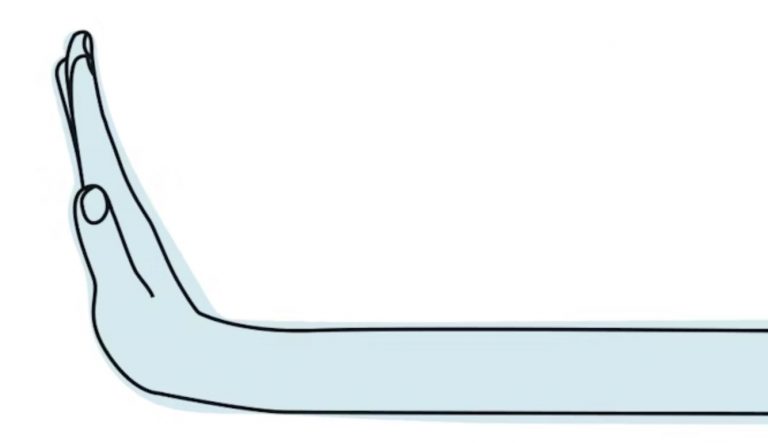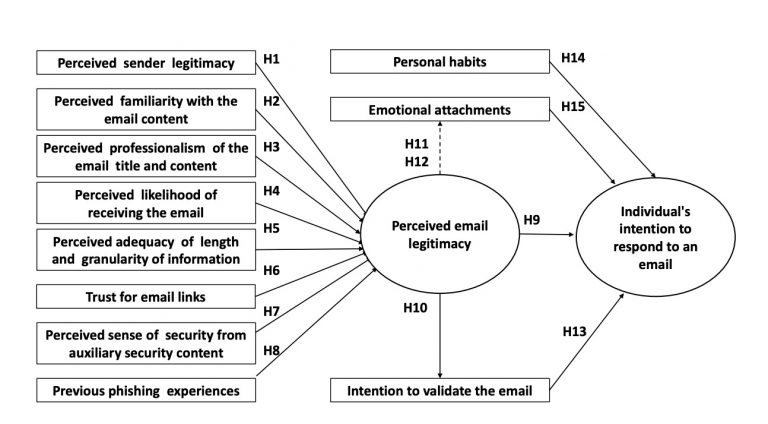Voting, fast and slow

Gianroberto Casaleggio (co-founder of the Italian Five Stars Movement (5SM) and deceased in 2016), and his son Davide Casaleggio, clearly didn’t read Thinking Fast and Slow, Daniel Kahneman’s 2011 bestseller, while building the online voting and participatory democracy platform used by the 5SM to select their national parliament candidates at the February 2013 elections.
In fact, they designed a platform (later on called Rousseau) that didn’t take account of human decision heuristics and cognitive shortcuts. Candidates with surnames alphabetically at the top – like Di Maio, Di Battista or Crimi – were much more voted than those whose surnames came later in the alphabet. The same happened with those who had an attractive photo (which favored young and female candidates, but also those who invested in professionally taken images).
This is the conclusion of a study by Francesco Marolla, Jacopo Tagliabue, Angelica Maineri and Giovanni Cassani, four Italian researchers: “Candidates were more likely to attract votes if they appeared towards the top of the screen and if they appeared more likeable from the self-uploaded picture.”
Abstract
We document ballot order effects in the 2012 Parlamentarie, the online primary election held by the Italian Five Stars Movement to select the candidate Members of Parliament in the 2013 Italian general elections. We show that candidates appearing towards the top of the screen systematically ranked higher in preferences. This effect holds controlling for candidates’ socio-demographic features. We also show that the number of competing candidates moderates ballot order effects, with a stronger penalty for candidates appearing at the bottom of the page in more crowded competitions. Finally, we show the influence of candidates’ likeability. Our results confirm for the first time that ballot order effects and likeability effects, already documented in traditional paper-based elections, are also found in online setups. We conclude by highlighting how the online medium, if properly leveraged, has the potential to reduce the influence of such biases.



